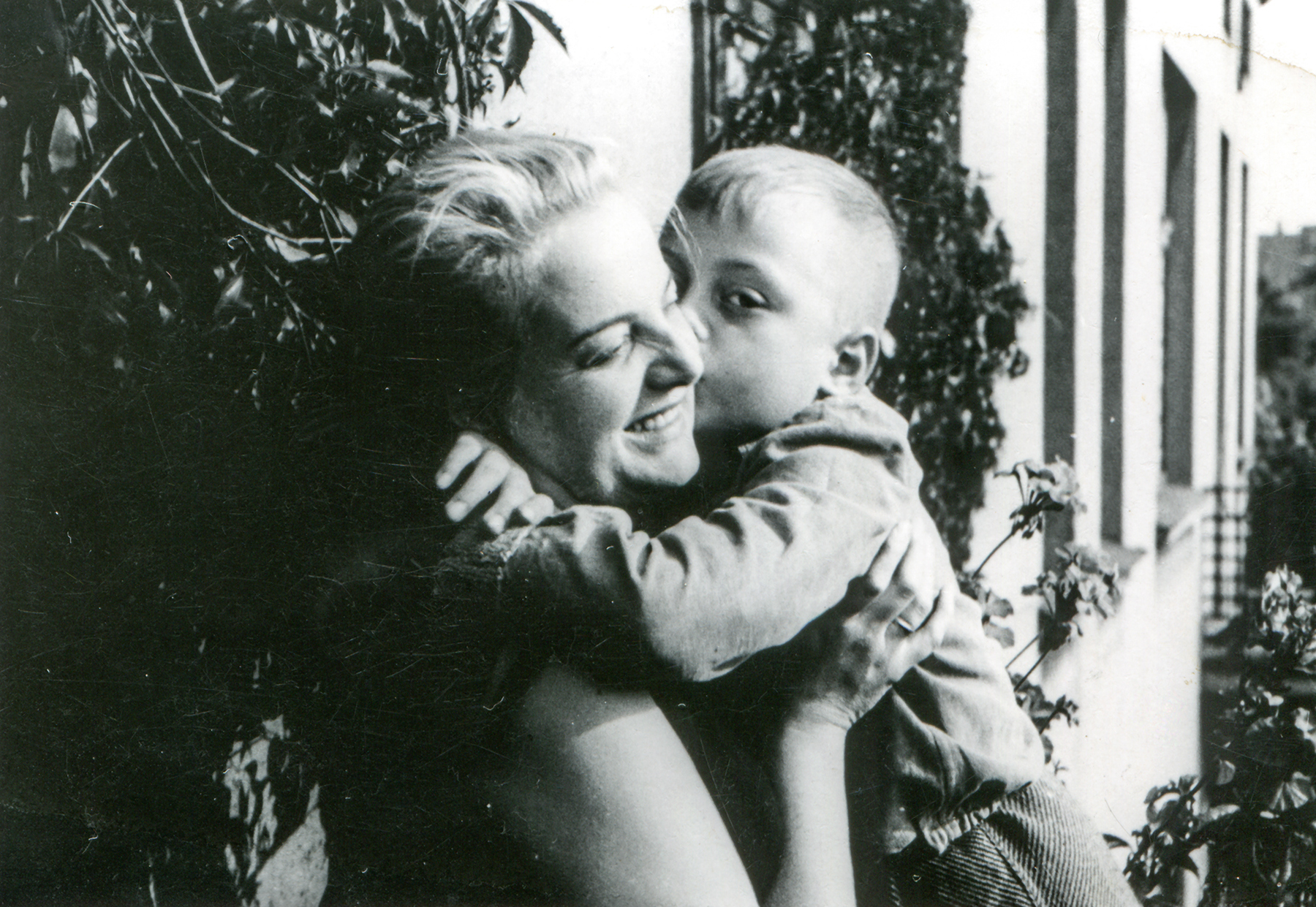The time around the loss of someone you love is usually host to a lot of very intense emotions. It’s natural to have those emotions inform your memories of that time. The tricky part is, emotion is very good at making strong memories, but is a really bad historian. What I mean by that is, sometimes emotions you experience can obscure the facts of a situation, for good or bad.
This is especially important to keep in mind if you have negative feelings toward the situation surrounding a death. An example of this might be if Bob were admitted to the hospital for a sudden heart condition and doctors were unable to save him. It’s possible that Bob’s wife could remember the doctors as being negligent, even if they weren’t, because her emotions obscured the facts.
That’s not to say that certain people or organizations are never blame, but rather that sometimes the way we remember things serves a story we tell ourselves that helps explain how or why this terrible thing happened, even if that story isn’t entirely true.
 It’s important to note here that this kind of understanding between emotional and historical memory can be abused by individuals with bad intentions. Telling someone they mis-remembered something because of their emotions is often used in gaslighting, causing someone to question their handle on reality. If you’re considering telling someone they’re mis-remembering something because they we’re emotionally unstable at the time, proceed with extreme caution. It will probably not go over well. Mostly we’re sharing this information to help with internal reflection. So you can ask YOURSELF if what you remember is more historical or emotional.
It’s important to note here that this kind of understanding between emotional and historical memory can be abused by individuals with bad intentions. Telling someone they mis-remembered something because of their emotions is often used in gaslighting, causing someone to question their handle on reality. If you’re considering telling someone they’re mis-remembering something because they we’re emotionally unstable at the time, proceed with extreme caution. It will probably not go over well. Mostly we’re sharing this information to help with internal reflection. So you can ask YOURSELF if what you remember is more historical or emotional.
This can be useful if the situation surround your loved-one’s death has you focused on anger or blame. The hazardous corner of Anger and Blame is an intersection where it’s very easy to get stuck.
 If you find yourself hung up on a hamster wheel of thoughts that repeat and support a narrative that makes you angry or feeling negatively, ask yourself, what parts of this memory doesn’t make you angry? (For example, was there a nurse that was especially comforting?) Then try to focus and expand on those more positive parts. Or ask yourself really honestly what parts of the situation were made more complicated by your emotions? (This isn’t bad or good it’s just an attempt at becoming more clear about what happened.) Then try to imagine seeing the situation as an outside, objective observer. Does that change the way you see the situation?
If you find yourself hung up on a hamster wheel of thoughts that repeat and support a narrative that makes you angry or feeling negatively, ask yourself, what parts of this memory doesn’t make you angry? (For example, was there a nurse that was especially comforting?) Then try to focus and expand on those more positive parts. Or ask yourself really honestly what parts of the situation were made more complicated by your emotions? (This isn’t bad or good it’s just an attempt at becoming more clear about what happened.) Then try to imagine seeing the situation as an outside, objective observer. Does that change the way you see the situation?
I’m not telling you to not feel anything about this incredibly impactful moment (that’s what sociopaths do) but rather attempting to shift your perspective from this emotional moment that might be holding you captive to progressively looking at it more like a historical fact that’s a part of your greater story. “This happened, it made me feel this way, now I feel this way about it.”
Thanks for visiting Grief Compass. We’re sorry you have to be here, but are glad we’ve found each other.
Subscribe to get more practical, approachable tips and insights for modern folks dealing with grief. You can also follow us on Facebook, Twitter, and Instagram. And if you think someone you know could use this information, give it a share on your social. Thanks.
